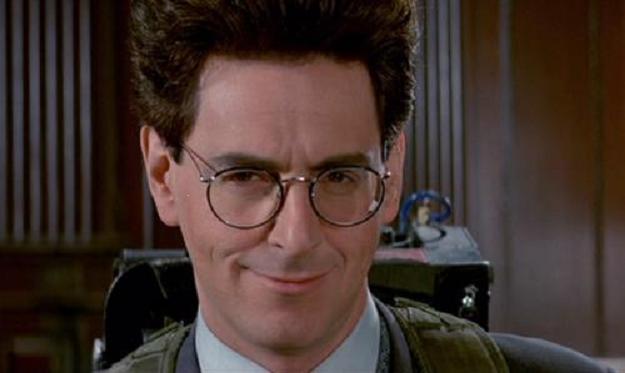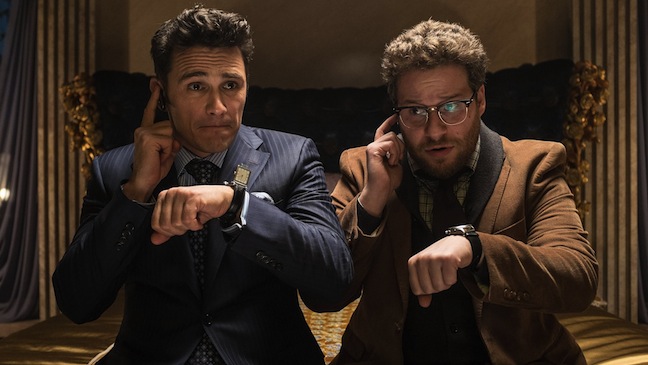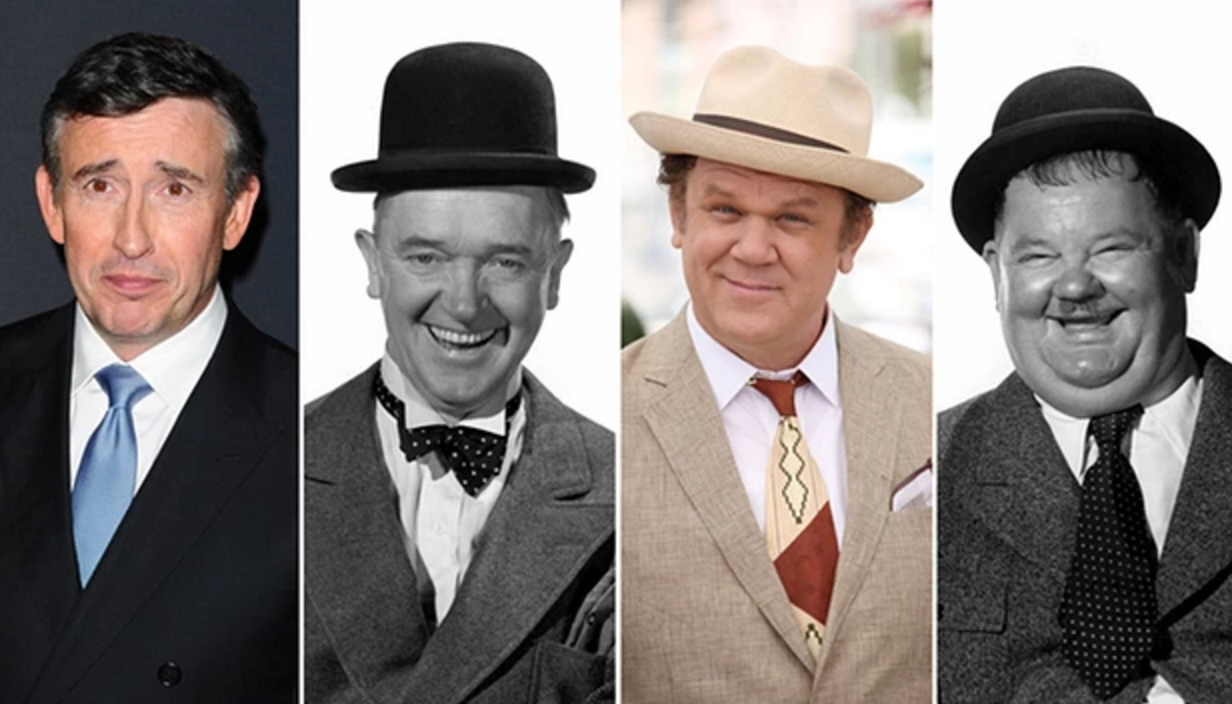Writer/director/comedian Harold Ramis died early this morning, four years after first being diagnosed with the health problems that caused his autoimmune inflammatory vasculitis. Ramis was 69.
Ramis was born in Chicago on Nov. 21, 1944, and moved back to the Windy City in 1996 while still a hugely successful writer and director of some of the greatest comedy films of the past 40 years: Groundhog Day. Ghostbusters. Caddyshack. National Lampoon’s Animal House. National Lampoon’s Vacation. Stripes. Meatballs. Groundhog Day.
In a speech to Columbia College Chicago in the spring of 2010, just before he fell ill with the infection that revealed his more significant and rare disease, Ramis told students that he learned at Second City that you could get laughs easily by saying the word “shit,” but that you could do broader comedy without being cheap and easy if you played from the top of your intelligence.
“There’s no shortage of dumb comedies. But you know, comedy, it’s got to be more than manipulation. For me, there has to be some point, some message. Frank Capra said a great thing. He said, ‘If you’re going to have the privilege of talking to people for two hours in the dark, you have to take it as a great responsibility.’ And I take it that way, whether it’s comedy or tragedy or anything. So I think there’s a responsible kind of comedy that enlightens us to some extent, makes us think, exposes real hypocrisy, or the real contradictions in society, and that’s useful. That’s valuable. That’s good comedy.”
Ramis grew up in Chicago, then went to college in St. Louis at Washington University and worked briefly at a mental institution there before returning to Chicago. Here is a St. Louis TV news report/profile of Ramis when Washington U. feted him in 1988:
Toward the end of the 1960s, Ramis was back in his hometown. He was freelancing for Chicago newspapers and editing jokes for Playboy magazine, and had joined Second City for two separate stints with the onstage troupe. In between stints, his place in the mainstage cast had been taken by John Belushi. As Ramis recounted to the Chicago Tribune in 1999: “The moment I knew I wouldn’t be any huge comedy star was when I got on stage with John Belushi for the first time. When I saw how far he was willing to go to get a laugh or to make a point on stage, the language he would use, how physical he was, throwing himself literally off the stage, taking big falls, strangling other actors, I thought: I’m never going to be this big. How could I ever get enough attention on a stage with guys like this? I stopped being the zany. I let John be the zany. I learned that my thing was lobbing in great lines here and there, which would score big and keep me there on the stage.”
At that, Ramis was a hit. He joined Belushi and other Second City members in moving to New York City for a stage production of “The National Lampoon Show.” Unlike them, however, he turned down Saturday Night Live, because he already had joined SCTV, where he became that sketch TV show’s head writer. Ramis then left TV to write screenplays. His first script credit, co-writing National Lampoon’s Animal House; his second, Meatballs; his third, Caddyshack, which also marked his directorial debut.
Ramis and Murray made a helluva team onscreen, too, with Stripes and Ghostbusters. And then there was Groundhog Day.
Dan Mirvish, co-founder of the Slamdance Film Festival, wrote on Twitter, “In 1993, Harold Ramis called me & told me his 2 rules of directing comedy: ‘1. Hire Bill Murray. 2 Turn on camera.’ RIP Harold Ramis.”
Michael Schur wrote @KenTremendous, “Harold Ramis directed The Office Christmas episode S3, and it was so good we just made it an hour long so we wouldn’t have to cut anything.”

Ramis also directed National Lampoon’s Vacation, as well as Club Paradise, Stuart Saves His Family, Multiplicity, Analyze This, Bedazzled, Analyze That, The Ice Harvest and Year One.
Here was Ramis talking to David Letterman in 1983 to promote Vacation.
One of his final roles in front of the camera had him playing Seth Rogen’s father and improvising their dialogue in Judd Apatow’s Knocked Up.
Apatow, in the Chicago Tribune obituary posted today, said of Ramis, “When I was 15, I interviewed Harold for my high school radio station, and he was the person that I wanted to be when I was growing up. His work is the reason why so many of us got into comedy. We grew up on ‘Second City TV’ and ‘Ghostbusters,’ ‘Vacation,’ ‘Animal House,’ ‘Stripes,’ ‘Meatballs’ (which Ramis co-wrote); he literally made every single one of our favorite movies.”
Harold Ramis is survived by his wife and three children. A private service is planned this week, with a public memorial to be held in Chicago in the spring.
Related reading: Harold Ramis on comedy writing, interviewed for “And Here’s The Kicker: Conversations with 21 Top Humor Writers on Their Craft,” by Mike Sacks.




